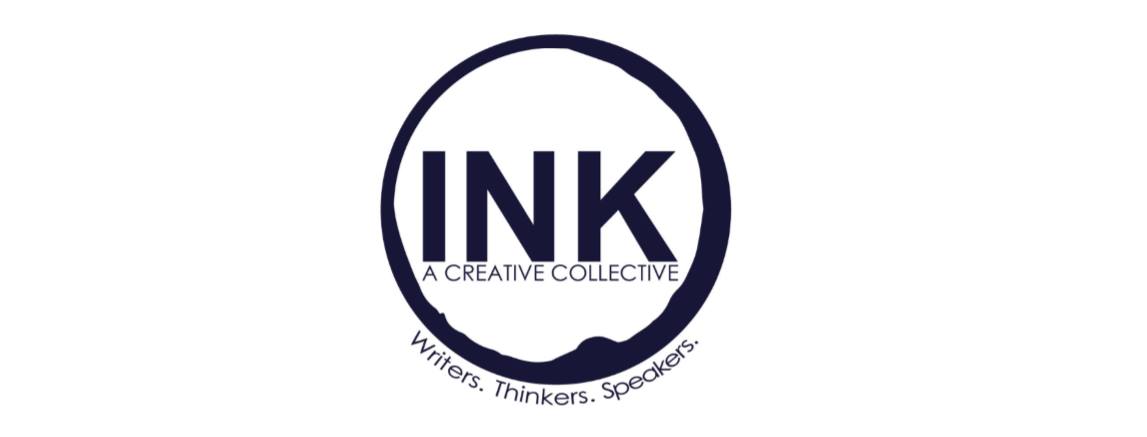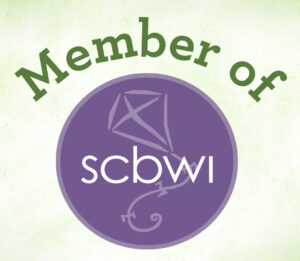Guest post by Helen Lee
By now, you’ve surely heard about the infamous Wall Street Journal article entitled “Why Chinese Mothers Are Superior,” based on Amy Chua’s new book, The Battle Hymn of the Tiger Mother. As I read the WSJ excerpt, I cringed at Chua’s methods of imposing her brand of perfect parenting on her two daughters, such as never letting her kids go on playdates or calling them “garbage” when they displeased her. I thought I was hard on my own kids by making them practice their instruments every day, but Chua astonished me with the lengths to which she does the same, as she forces her young daughters to practice well beyond five hours on their violin and piano, threatening to throw away their favorite toys when they refuse.
It’s easy to jump on the anti-Amy Chua bandwagon that has emerged, as evidenced by the nearly 7,000 comments on WSJ website, many of which lambast her. But I wonder if we are missing the real problem in all of this. As New York Times columnist David Brooks notes, “[Chua] is the logical extension of the prevailing elite practices. She does everything over-pressuring upper-middle-class parents are doing.” Whether your methods border on the madness of Chua’s more draconian efforts, or whether you embrace a kinder, gentler approach, the fact remains that a vast majority of today’s middle- to upper-class families define “success” in fairly limited ways, achieved in large part by heavy parental involvement to ensure that their children have every opportunity to reach those ideals.
I confess to having some Chua-likeness in me; when my eldest son was 5 years old, his piano teacher told me that her strongest students were all Chinese-American kids, and her theory was that the process of learning Mandarin, with all the memorization involved to grasp the thousands of characters, gave them a mental edge. My competitive side kicked in, and before long my son was enrolled in Chinese school. We are not Chinese, and so the effort involved in trying to help my kindergartener to grasp this completely foreign language was substantial. At first, he had fun. As the years went by, it became torture. I kept pushing him onward, until finally one day, our schedule and lives at the breaking point, I sensed God challenging me on my motivations for this decision, which were not God-honoring at the core. My son was so thrilled when I realized this, as it meant he no longer had to go to Chinese school anymore!
It’s so hard to carve a different path in our culture that promotes the idea that success comes from achievement, that acceptance to a great college is the ultimate goal to which we push our kids, and that it’s critical to be groomed in extra-curriculars even at a young age to be positioned for future greatness down the road. How often have we heard the proclamation that every American deserves “life, liberty, and the pursuit of happiness”? As parents, it’s hard not to want for our children to be happy. But painful though it is to embrace, for ourselves or for our kids, Jesus never promises his followers happiness.
“Tiger Moms” are not the only ones who believe that if we have children, they are to be our first priority, the recipient of our tireless efforts. Many parents, Christians included, believe that our kids are our future, our legacy, the proof and pudding of our careful parenting. It all sounds so noble, even spiritual, the sacrifice and effort required to demonstrate this kind of devotion to your kids. Amy Chua doesn’t mince words: “Chinese mothers get in the trenches, putting in long grueling hours personally tutoring, training, interrogating, and spying on their kids…they would give up anything for their children,” she writes. But whether you are a Chinese mother or any other kind of parent who lives first and foremost for their children, make no mistake: doing so is still a false gospel.
The irony is that Christians ostensibly possess the secret to lifelong fulfillment, which is our relationship with Jesus and obeying the call to follow him. Instead of living through our children, I’m realizing that the question is less, “How do I help my kids succeed?”, but instead, “Am I modeling the kind of person that I want my children to be? Am I demonstrating that following Jesus is about letting go of my dreams, both for myself and for my children, and giving them all to God?”
We often forget a key truth about parenting; as author Gary Thomas wisely notes, it’s “a process through which God purifies us—the parents—even as he shapes our children.” Meanwhile, we are called to trust that God is the shaper of our kids, although he allows and encourages us to play a role. We have a biblical mandate to teach our children, as expressed in Deuteronomy 6 (“Talk about [these commandments] when you sit at home and when you walk along the road, when you lie down and when you get up”). But let’s not mistake the mandate to teach spiritual truths for taking control over our children’s destinies.
And may we not be the kind of parents who misdirect our children to paths that God is not intending for them. If God should lead my kids one day to serve in a dangerous ministry, or to take a vow of poverty, my prayer is that I would have the courage and willingness to embrace the reality that the most “successful” parenting helps our children identify and embrace God’s calling in their life, whatever that call might be, whether it is to attain a well-paying job in a prestigious career or to serve the poorest of the poor in unfathomable conditions.
After the initial release of the Chua article, the Wall Street Journal polled readers with the question, “Which style of parenting is best for children? Permissive Western parenting or demanding Eastern parenting?” You might be surprised to discover that sixty-three percent of those who responded chose Amy Chua’s approach. For all the criticism the Tiger Mom has received, a majority of people still want the “successful” results that her children have demonstrated.
But God’s plans for our kids may not look the least bit desirable to a Tiger Mother’s eyes, or to anyone who pursues after a success narrative that is more culturally than biblically driven. The Christian approach is quite often the least attractive option, the narrow way, and it appears we still have a long way to go to stand apart and demonstrate that there is a different way to be a parent.
Helen Lee is the author of The Missional Mom: Living With Purpose in the Home and in the World. Visit her website at www.themissionalmom.com, or follow her on Twitter @HelenLeeAuthor and @TheMissionalMom.
(To read more of Helen’s perspective on the “Tiger Mother” debate, you can see her recent post at TheHighCalling.org.)









